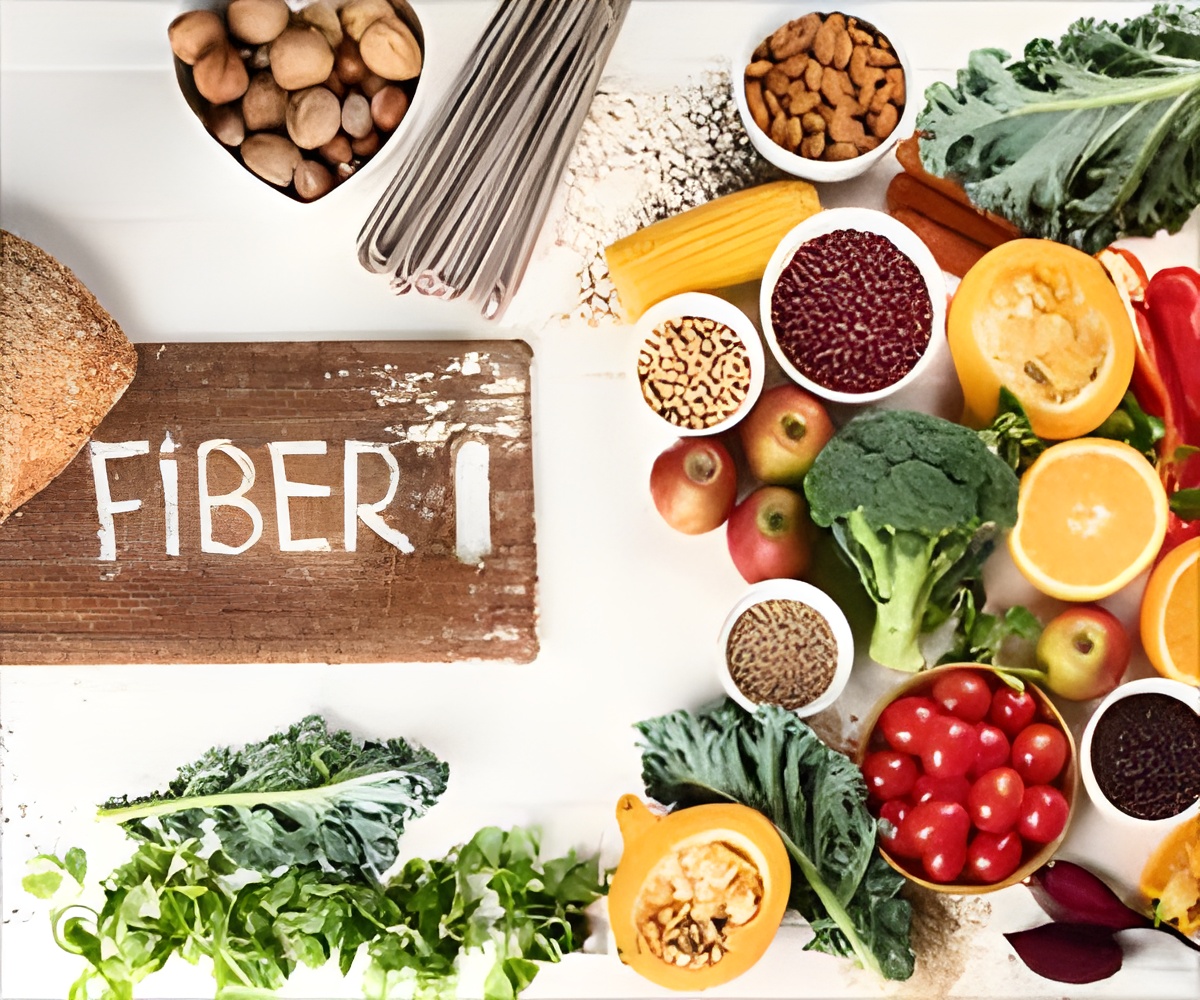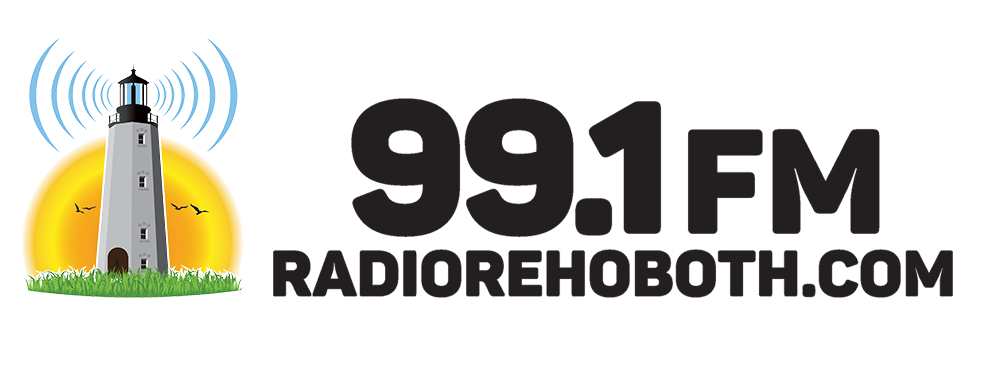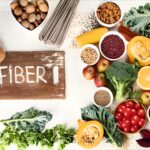-
 play_arrow
play_arrow
Radio Rehoboth
Dietary Fiber Need Varies Depending on the Individual’s Gut Bacteria



Eat more dietary fiber concept may not work right for everyone, suggests a new Cornell University study.
The study, published in Gut Microbes (1✔ ✔Trusted Source
Gut microbial features and dietary fiber intake predict gut microbiota response to resistant starch supplementation
Go to source
), focused on resistant starch, a category of dietary fiber found in such foods as bread, cereals, green bananas, whole-grain pasta, brown rice and potatoes.
Are you Eating Right Amount of Dietary Fiber?
The researchers identified the gut microbe species that change in response to two different types of resistant starch. They found evidence that each individual may have a unique response to eating a resistant starch, with some people benefiting and others experiencing little or no effect. The reason appears tied to the level of diversity and composition of a person’s gut microbiome.
“Precision nutrition definitely has a use in determining what dietary fiber we should tell people to eat,” said Angela Poole, assistant professor of molecular nutrition and senior author of the study (2✔ ✔Trusted Source
Impact of dietary fiber varies from person to person
Go to source).
“This is critical because we’ve had public messaging advising people to eat more dietary fiber for decades,” Poole said. “At the same time, less than 10% of people eat the recommended intake. Since there are many different types of dietary fiber and carbohydrates, a better strategy would be to collect data on each person and tell them which dietary fiber they can eat to get the most bang for their buck.”
References:
- Gut microbial features and dietary fiber intake predict gut microbiota response to resistant starch supplementation – (https://www.tandfonline.com/doi/full/10.1080/19490976.2024.2367301)
- Impact of dietary fiber varies from person to person – (https://news.cornell.edu/stories/2024/06/impact-dietary-fiber-varies-person-person)
Source-Eurekalert
Go to Source:https://www.medindia.net/news/dietary-fiber-need-varies-depending-on-the-individuals-gut-bacteria-216182-1.htm
Author:
Written by: RSS
Similar posts
-

Daybreak Morning Show
Hosted by Jeff Balk
Join Jeff Balk for all the news and information you need to know to start your day and enjoy your stay in Rehoboth Beach, Dewey Beach and the Lewes areas with special featured guests from our non-profits, businesses and art communities.
close Chart
Top popular

News Briefs 10/17/23
Board of Commissioners Workshop & Special Meeting – November 6

Six Sussex road projects considered in latest CTP
NFL Week 17 highlights: Packers, 49ers, Saints, Steelers win, Cardinals stun Eagles
Knicks vs. Cavaliers prediction, odds, line, spread, time: 2023 NBA picks, Nov. 1 best bets from proven model
Copyright 2023 East Sussex Public Broadcasting, Inc.




